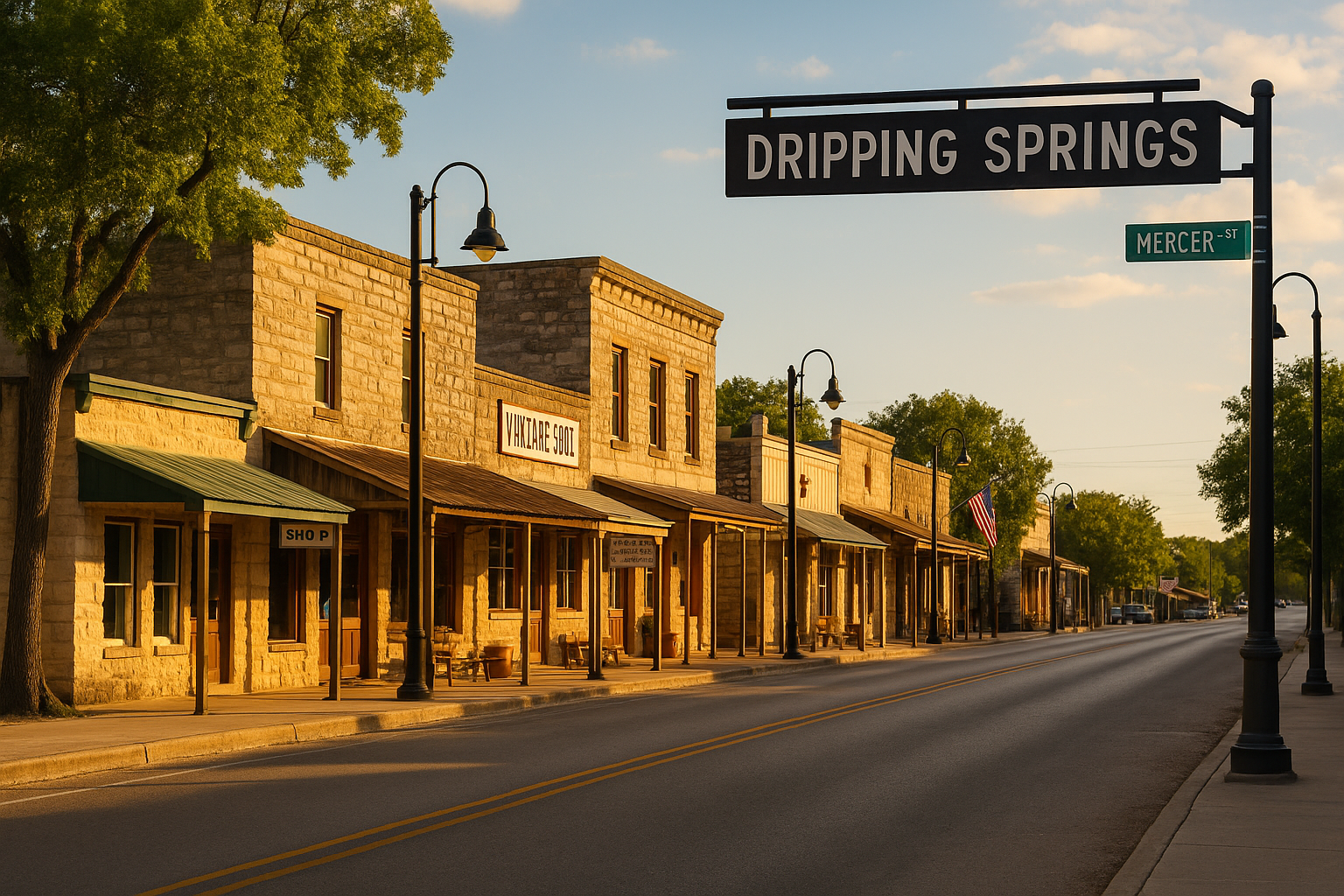
When you start looking to buy a house, you may find yourself suddenly needing to add a lot of phrases and acronyms to your personal dictionary, like debt-to-income ratio (DTI), private mortgage insurance (PMI), equity, principal, and more. The terminology of homeownership can be overwhelming at first, but we’re here to help you make sense of it all so you can begin your home search with confidence. When it comes to loans, mortgages, and interest rates, it’s important to be informed when choosing the best fit for you. Working with an experienced agent can help you understand the process even better.
What is an Interest Rate?
You’ll have likely heard the phrase interest rate in a variety of financial situations from credit cards to car loans. But what is an interest rate? For you (the borrower), it’s the amount that you are charged for a loan. Another way to put it is that it’s like the rent you are paying on money. Interest is usually shown as a yearly percentage in terms of the loan. The amount you are borrowing is known as the principal. In a formula that doesn’t include the annual percentage rate (APR), a simple breakdown could look like this:
Take a $200,000 mortgage at 4% interest over a 30-year loan term. If you take the principal, $200,000 multiplied by the interest rate you get: $200,000 x 0.04 = $8,000. The $8,000 is the interest.
If the interest rate is higher, you’ll end up paying more for the money. When interest rates are low, economic activity booms as people spend more.
For lenders, like banks, it’s a way to offset the risks of loaning money, considering the possibilities for loss if someone doesn’t make payments, as well as a way to profit. But it isn’t just the bank or the lender that decides how much the interest rate will be.
Who Sets the Interest Rate?
As a whole, interest rates depend on a variety of factors and influences. One major deciding entity is the Federal Reserve, which is the central banking system of the United States. They set the Federal Funds Rate (the interest rate that banks can charge each other for overnight loans they need to meet their individual reserve requirements). The Federal Reserve sets parameters for this amount, but it can fluctuate from the low or high ends. This information then influences the prime rate, which lenders use as a guide when determining loan interest rates. If the number gets high, then your home loan could be more expensive depending on when you try to borrow.
Home Interest Rates and Mortgage Rates
As a buyer, you may be thinking about Austin home loan interest rates. When trying to make sense of real estate interest rates, it’s helpful to know that a mortgage rate is the interest rate on your home loan. Since there are a variety of mortgage options available, that means that interest rates vary, too. The main two are fixed and adjustable interest rates, and they describe the way that interest is applied to the loan. With both, they are usually amortized, meaning homebuyers pay the interest rate back in a larger ratio in the beginning and pay the principal (the amount you wanted to borrow) toward the end.
Fixed-Rate Mortgages
In this type of home loan, the interest rate stays the same throughout the entire life of the loan. This benefits homeowners because there are fewer surprises and budgeting becomes easier. This also means that any changes in the market won’t impact the amount of interest you are paying. Most homeowners choose a fixed-rate mortgage of 10, 15, 20, or 30 years, with 90% of people choosing a 30-year fixed-rate mortgage, according to mortgage company Freddie Mac.
Adjustable-Rate Mortgages
While less popular, an adjustable-rate mortgage can see the interest rate on the loan fall in response to other factors. People that prefer this type of mortgage tend to be investors or those who are comfortable with the fluctuation of the rates. The benefit to this is that if the interest rate falls, you don’t need to worry about paying fees to refinance at the better rate. These also tend to start at a lower interest rate, but after an initial fixed period, the rate can change.
Demand for Treasury Notes
Long-term loans, like a long-term fixed-rate mortgage, are less likely to be influenced by the Fed funds rate than demand for treasury notes. Instead, the interest rate on these tend to follow 10-year Treasury note or 30-year Treasury bond yields, which are an indication of the confidence that investors have in the market. Treasury notes, like a 10-year Treasury note, is a loan to the federal government. Investors use this as a guide when loaning and taking risks, and it definitely impacts the interest rate of longer loans like mortgages.
What About Mortgage-Backed Security?
When it comes to real estate interest rates, or mortgage rates, the government has some influence but usually doesn’t directly get involved. But during the beginning of the COVID-19 pandemic, they bought billions of home loan bonds, or MBS, in order to stabilize the housing market. According to Market Watch, this drove the 30-year fixed mortgage rate to a low of 3.6%. It is slowly climbing back up, and the Federal Reserve ideally wants to get rid of them all as people feel more comfortable making large purchases and banks feel confident loaning.
Understanding APR
There is also the annual percentage rate, or APR, to consider when it comes to the total amount you’ll pay. The interest rate helps you figure out what you will pay each month, but the APR will show you anything else you may need to pay, like mortgage insurance, closing costs, discount points, and loan origination fees.
Buyer Protection
It may seem like a free-for-all, but lenders can’t just pick any interest rate. There are laws, like usury laws, that protect borrowers and lenders. Usury laws ensure that lenders cannot charge over the maximum of fees allowed depending on the type of loan. In Texas, the maximum usury amount is an interest of 10% a year.
Personal History and Interest Rates
Similar to most loans, your personal credit history will impact your interest rate. With a higher credit score, a lender will feel more confident in your ability to pay the loan, and they will usually offer a better (and lower) interest rate. A lower credit score will usually mean you’ll have a higher rate of interest and fewer options to pick from. Researching all of your options and asking plenty of questions from experts and professionals will help you decide what will work best for your situation, and now you can better understand how interest rates will impact your loan.








